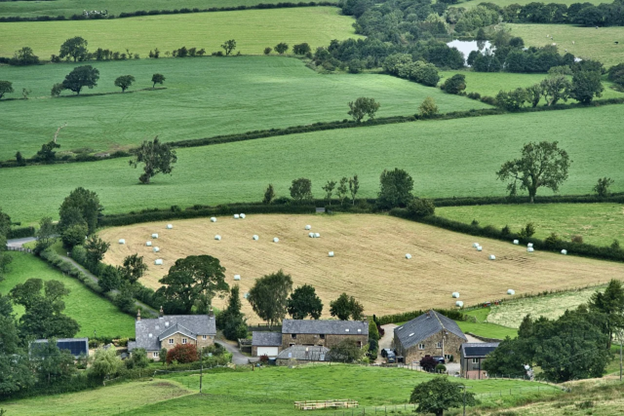
The new inheritance tax to be imposed on British farmers has sparked protests from those who argue it puts family farms at risk. Farmers claim the 20% tax on inherited agricultural assets over £1m will force families to sell their farms to industrial farming corporations, as they lack the cash to pay. Labour officials argue otherwise, saying that farmers misunderstand the scope of the tax and that most will be left unaffected. Labour’s attempt at targeting those investing in agricultural assets to avoid inheritance tax seems misguided and misinformed. At the other end, figures like Jeremy Clarkson who are participating in the inheritance tax evasion Labour is trying to negate should not be the face of this movement, as it silences the voices of real farmers who are at risk of losing their family’s lifeblood.
The discussion over inheritance tax has been centred on whom it should and shouldn’t affect, but I would argue that inheritance tax, in general, is counterproductive and outdated. The government should not have the right to inherit assets in place of a deceased individual’s child or extended family. Furthermore, an inheritance tax on farmers in the current state of the UK’s economy is only going to encourage the impending monopolization of farms by industrial farming corporations.
To clarify, I understand that inheritance tax is meant to counteract wealth gaps and only impact the wealthiest of the population whom it won’t gravely affect. Nepotism is unfair, but I don’t believe that collecting cash payment on assets coming into one’s possession through the death of a relative is fair either. Inheritance tax assumes that the child or relative of an individual must be of the same wealth class as the deceased already and that any inherited physical assets must be matched by cash assets of the inheritor. In the case of farmers who are rich in assets but poor in cash, they do not have this luxury. I admit that when you exclude farmers, the issue of inheritance tax is not exactly a problem for the masses. Even so, I find it immoral that someone from any background can accumulate wealth through ethical means, and stimulate the country’s economy by doing so, but is not given the right to pass on all they’ve worked for to their children if they so choose.
Ethics of the policy aside, targeting farmers with inheritance tax in the current climate is a controversial move from Labour, whether you agree with the policy or not. With the loss of EU subsidies, many UK farmers are already fed up and on the verge of selling their farms. Small family-owned farms are disappearing and in their place, you find “US-style corporate mega-farms”. If you look at the massive monopolization and industrialization of American farms, you not only see the thousands of small farmers bought out of their land over the past 60 years but also a massive increase in leniency towards food standards. There’s a reason that certain pesticides are legal in the states and not the UK. Corporate farms have the money and power to create leniency in policies like pesticide regulation, environmental protections, and the standard of produce we put on our tables. Farms should be owned by families, not corporations, and the increased taxation against farmers only promotes monopolization.
Taxation that correctly targets the top 1% has been elusive to many governments and achieved by none. Targeting land assets is a good idea in theory, but it is still not a precise enough maneuver to work without unwanted casualties. Today those casualties are the UK’s small family farms, a British tradition that protects us all from the advancement of corporate monopolization of agriculture. Inheritance tax is wrong, but even those who say otherwise would agree that this is neither the time nor place to enlist it as a tactic against one of our most important industries and those who keep it running.
Image: Farming Agricultural Farm, Siggy Nowak, 2023// Pixaby Content License



Average Rating